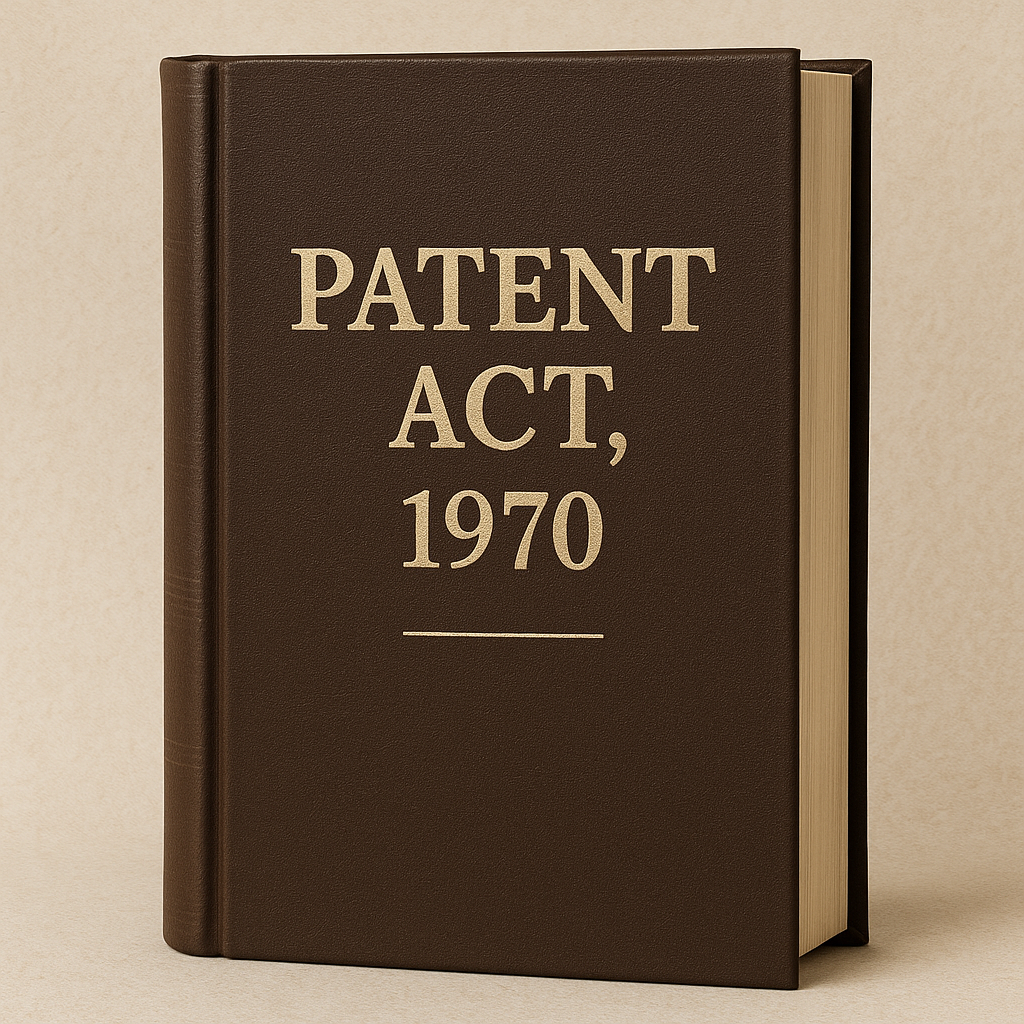In a significant development, the Delhi High Court has ruled that Section 104A of the Patents Act, 1970, can be invoked at the interim stage of a patent infringement suit. This allows the plaintiff to seek disclosure of the defendant’s manufacturing process before the trial begins. Justice Amit Bansal delivered the verdict while hearing a case between Roche and Zydus Lifesciences.
Background of the Case
Swiss pharmaceutical giant Roche filed a patent infringement suit against Zydus, alleging that the latter had used a patented process to manufacture a biosimilar of Pertuzumab, a drug used to treat breast cancer. Roche claimed that Zydus’s product was identical to the product made using its patented process.
At the interim stage, Roche invoked Section 104A, seeking disclosure of Zydus’s process. Zydus opposed this request, arguing that Section 104A could not be used before the trial. It also claimed its product was different and that such disclosures would harm its trade secrets.
Court’s Observations
Justice Bansal held that the law does not prohibit the use of Section 104A at the interlocutory stage. The Court emphasized that if the plaintiff shows that the defendant’s product is identical to the patented product, then the burden can shift to the defendant. The defendant would then have to prove that they used a different process.
“There is no bar under the Patents Act to invoke Section 104A at the interim stage,” said Justice Bansal.
He further clarified that the section was designed to address the difficulty patent holders face in proving process infringement, especially in complex pharmaceutical cases.
Protection for Trade Secrets
The Court acknowledged Zydus’s concern regarding confidential business information. It stated that while disclosure may be necessary, the court must ensure that commercial secrets are protected. The ruling allows for controlled disclosure, possibly through confidentiality clubs or similar safeguards.
Understanding Section 104A
Section 104A of the Patents Act provides for a burden-shifting mechanism. It comes into play when:
The patent is for a new product made using a patented process.
The plaintiff reasonably believes that the defendant is using the same process.
The plaintiff cannot determine the process used by the defendant through reasonable means.
If these conditions are met, the defendant must then prove that their process is different.
Impact of the Judgment
This ruling is expected to have a major impact on process patent litigation in India, particularly in the pharmaceutical and biotech industries. It strengthens the ability of patent holders to enforce their rights early in the litigation process.
The Court’s decision ensures that genuine claims by patentees are not delayed unnecessarily. At the same time, it balances commercial interests by protecting trade secrets.
Conclusion
The Delhi High Court’s judgment sets a crucial precedent in Indian patent law. It confirms that Section 104A can be used at the interim stage, provided the plaintiff meets the necessary thresholds. This will likely aid companies facing infringement of process patents, especially in cases involving biosimilars and generic drugs.

